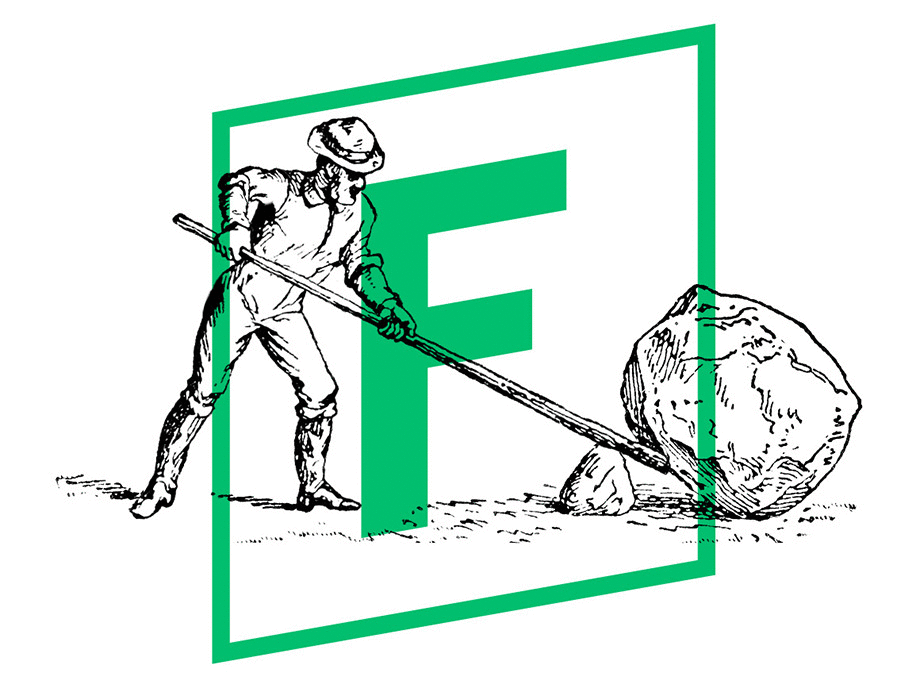
Five Questions to Ensure You Choose the Right Adaptive Learning Provider
As the adaptive learning market matures, how organizations determine the right partner is evolving. Yes, features and functions are still important (especially as they pertain to efficacy). So too is the underlying technology that drives the adaptivity – be it branching, algorithmic or AI-powered (aka: Adaptive 3.0). But increasingly, one key differentiator companies are taking notice of is customer experience. (This is right in line with consumer research that indicates by 2020, customer experience will overtake price and product as the key brand differentiator.)
Organizations know that, especially when it comes to adaptive learning, they’re not just buying an off-the-shelf technology. Rather, they’re engaging with a partner – one who can help make adaptive programs as effective and efficient as possible, and also solve challenges and pain points that are specific to their organization or L&D department.
In order to choose the right partner – one that isn’t simply selling a technology solution, but instead is facilitating a positive a user and customer journey – L&D should ask the following five questions:
1.Are they listening?
86% of employees and executives cite “ineffective communication” as one of the chief causes of workplace failures. This includes failures in learning technology rollouts, adoption and engagement. That’s why the number one quality of a good adaptive learning partner is the ability to communicate effectively and really listen to the needs, wants and challenges their customers face. Adaptive technology partners show they’re listening by:
Being empathetic to the needs of the L&D team and the individual learner – reiterating these needs and showing how their solution can specifically address them
Demonstrating a willingness to brainstorm and collaborate to solve tough challenges
Providing thoughtful interpretations of data and outcomes to continually improve the efficacy of the program
2.Are they encouraging growth?
The best partners push an organization to reach their full potential. That’s why finding an adaptive learning partner that encourages growth and continual improvement is #2 on this list. Here’s how this “encouragement” might look in the real world:
The adaptive learning partner…
- …Leverage course insights and efficacy data to equip instructional design teams and SMEs with the insights they need to improve the efficacy and performance of their content
- … Helps learning leaders define metrics upfront so organizations know how successful their programs really are
- …Makes suggestions to improve and fine-tune programs (and has built-in authoring technology so changes can be handled easily)
- …Provides strategies that they’ve seen work well for implementation, adoption and learner satisfaction
3.Are they flexible?
An adaptive learning platform that can’t adapt to the specific needs of an organization… doesn’t that seem like an oxymoron? The third indicator of how fruitful an adaptive learning partnership will be is their willingness to be flexible. This might include:
- Making it easy for L&D to edit content via a user-friendly authoring tool
- Integrating many different forms of content – everything from text and video to VR and simulations
- Expertise with a variety of integration APIs and protocols to make implementation into existing systems painless and stress-free
- Responsive design that enables on-demand access to the platform via desktop, mobile and tablet
4. Do they consider the learner experience?
Ultimately, what makes an adaptive technology partnership successful isn’t only the relationship that’s built with the L&D team, but also the indirect relationship that’s developed with the learner.
The best adaptive partners can dramatically improve the quality of the learner experience by allowing learners to assert agency/control over aspects of their own learning and remediation efforts within the adaptive framework.
They also deliver a personalized one-on-one coach experience that uses performance and behavioral data adapt in real time:
- Motivating learners by serving up the “Optimal Challenge” for their unique knowledge level
- Keeping them engaged and curious with instant feedback and personalized, adaptive tips/hints to aid their study
- And working in such a way that learners feel that the system is on their side – not simply assessing them, but really facilitating their path to mastery
This one-on-one approach also helps develop positive learner relationships because it recognizes where each individual learner is on the pathway to mastery and can adjust accordingly. For example, it can serve up the most efficient pathways for “all star” learners (including “test out” for pre-existing knowledge) and provide scaffolding and remediation that adjusts to those who are struggling – helping them master the material and boost their confidence. All this results in learners who feel respected for their existing knowledge and supported to learn the new skills they need to acquire.
5. Are they with me 100% of the way?
The best adaptive learning technology partner will walk in lockstep with you as your program progresses. They’re ready to help with integration and content development. They’re offering tips to incentivize your learners to engage with the program. And, finally, they’re on-call for post-program analysis – helping you understand the implications of the data and establishing a plan for the continual, fine-tuning needed to optimize the performance of your program.
Picking the right adaptive learning provider is about more than product features, price or brand recognition. It’s about service. It’s about the experience you have as a customer. It’s about asking the right questions, collaborating to solve issues and, together, delivering the most effective earning program possible.
At Fulcrum Labs, we’ve seen how strong partnerships can lead to more effective programs and happier employees. We pride ourselves on not only having the most cutting-edge adaptive technology on the market, but also having the strongest commitment to service of anyone in our industry. To see why our clients call us “great partners” and how we might partner together to improve the impact, outcomes and experience of your learning programs, let’s connect.
